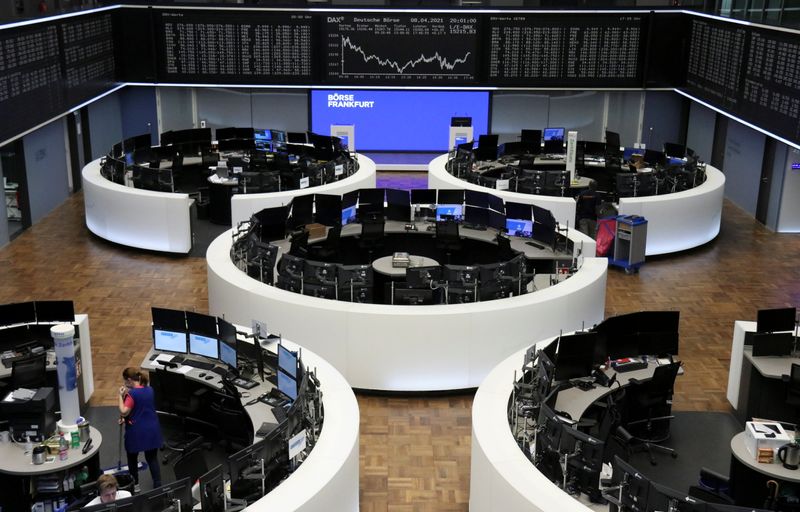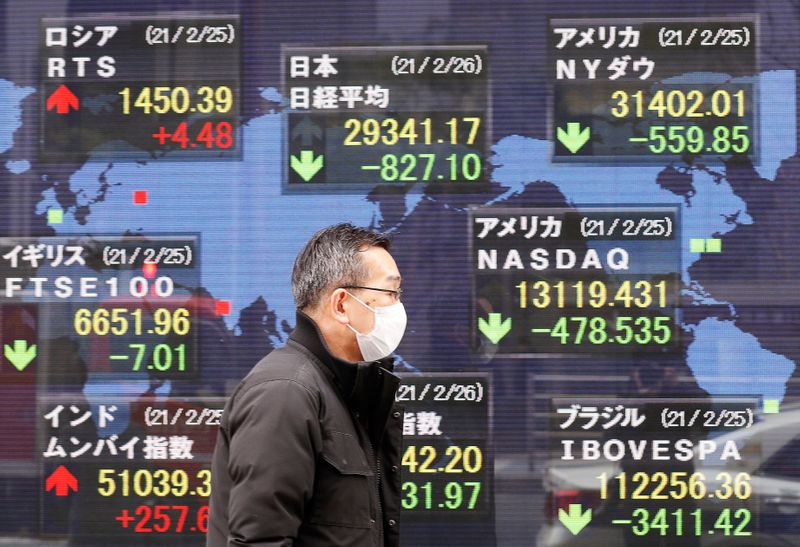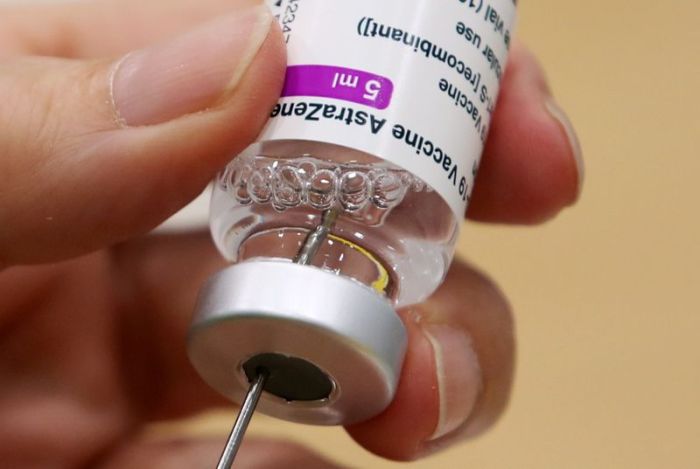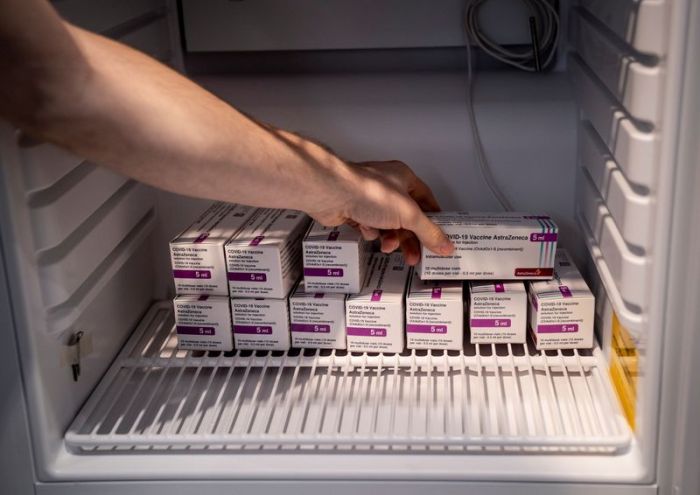NEW YORK/LONDON (Reuters) – Major global stock indexes scaled new peaks on Wednesday before shedding gains that anticipated a strong recovery from the coronavirus pandemic, while the dollar dipped to three-week lows as Treasury yields held below recent highs.
High-flying growth stocks declined on Wall Street, sending the benchmark S&P 500 and Nasdaq lower, while underpriced value stocks rose, lifting the Dow to a new record.
U.S. import prices increased more than expected in March, fueled by higher costs for petroleum products and tight supply chains in the latest data to show inflation heating up as economies reopen.
U.S. Treasury yields ticked up in early trade on the import data after tumbling on Tuesday when the U.S. consumer price index showed that while underlying inflation jumped in March, it was not surging as some had feared, allowing risk assets to rise.
Results from JPMorgan Chase & Co and Goldman Sachs Group Inc also suggest high cash reserves and a lack of strong loan demand will not spur inflation, giving equities further room to run, said Jack Janasiewicz, a portfolio strategist at Natixis Advisors in Boston.
“What’s the corporate use of that money? Well, it’s loan demand. We’re simply not seeing that,” Janasiewicz said. “If you’re going to be in that inflation camp you want to see people using money and we’re certainly not seeing that right now.”
High corporate debt issuance and accommodative government policies will push money into risk assets and lift prices, he said. U.S. companies have more cash on hand than they did before the pandemic, according to S&P Dow Jones Indices.
In Europe, upbeat earnings from German software firm SAP and French luxury goods maker LVMH helped the pan-regional STOXX 600 index close up slightly to just below a record high set last week.
MSCI’s gauge of stocks across the globe shed 0.02% after hitting a new peak, as did the benchmark S&P 500 before it retreated, closing down 0.41%. The tech-heavy Nasdaq Composite dropped 0.99% and the Dow Jones Industrial Average added 0.16%.
The Russell 1000 Value index rose 0.3% as the Russell 1000 Growth index fell 1.1%, led by the big technology companies whose large weight on the MSCI benchmark pulled it lower.
“It’s a day for cyclicals. That’s where the strength is. The little bit of selling we’re seeing is in tech plus,” said Tim Ghriskey, chief investment strategist at Inverness Counsel.
Germany’s DAX index ended down 0.2%. Economic institutes will cut their joint 2021 growth forecast for Europe’s largest economy to 3.7% from 4.7%, sources said, due to a longer-than-expected COVID-19 lockdown.
Overnight most Asia-Pacific share indexes also climbed, led by Hong Kong’s Hang Seng. The Nikkei fell 0.4% as rising coronavirus cases raised doubts about Japan’s economic recovery with 100 days to go before Tokyo hosts the Olympics.
The New Zealand dollar rose to a three-week high of $0.7122 after the country’s central bank, as expected, held its official interest rate and asset purchase program steady.
Bitcoin touched a record high of $64,895 ahead of the listing of cryptocurrency platform Coinbase Global Inc on Nasdaq. Coinbase was valued at almost $100 billion in a Nasdaq debut that marked another milestone in the development of bitcoin and other digital assets.
U.S. Federal Reserve Chairman Jerome Powell said in remarks at the Economic Club of Washington it was highly unlikely the central bank would raise interest rates before the end of 2022.
The U.S. recovery accelerated to a moderate pace from late February to early April as consumers, buoyed by increased COVID-19 vaccinations and strong fiscal support, spent more on travel and other items, the Fed said in its latest “Beige Book” collection of anecdotes about the economy.
Benchmark 10-year notes rose 1.3 basis points to yield 1.6359%. A spate of strong auction results this week has also helped to tame yields. [US/]
Euro zone bond yields, which had been rising in line with U.S. Treasury yields on hopes for a strong economic recovery later this year and increased inflation, on Wednesday dropped 1 to 3 basis points.
The dollar index fell 0.162%, with the euro up 0.27% at $1.1978. The Japanese yen strengthened 0.15% versus the greenback at 108.90 per dollar.
Oil prices surged almost 5% after a report from the International Energy Agency followed by U.S. inventory data boosted optimism about a rebound in demand.
U.S. crude futures rose $2.97 to settle at $63.15 a barrel, while Brent crude futures settled up $2.91 at $66.58 a barrel.
U.S. gold futures settled down 0.6% at $1,736.30 an ounce.
(Reporting by Herbert Lash, additional reporting by Tom Arnold in London; editing by Chris Reese, Chizu Nomiyama and Richard Chang)


























